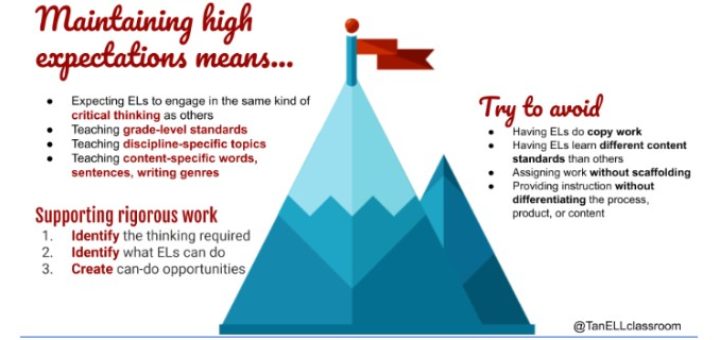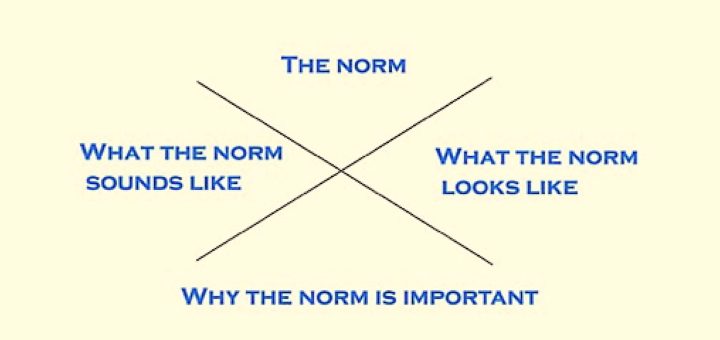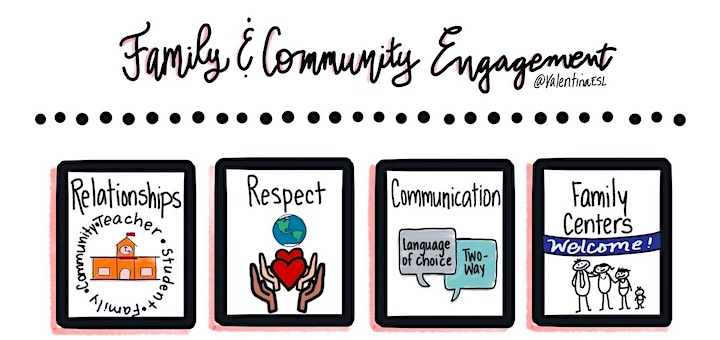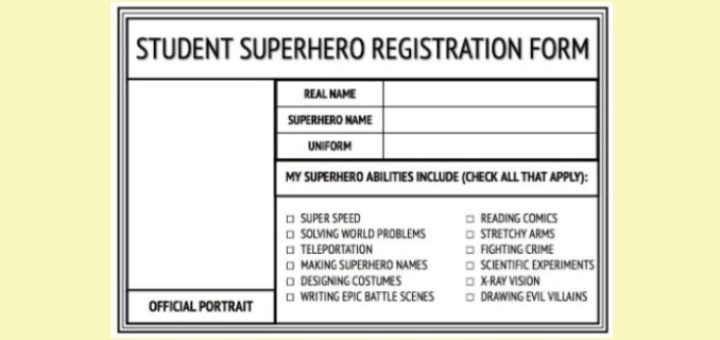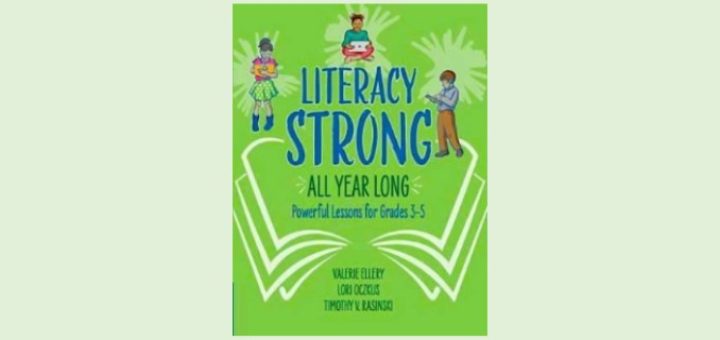How My “Assumes” Affect My Classroom
How do teachers’ assumptions about what students know impede the learning process? Michelle Russell is realizing the “obvious” is sometimes not so obvious to kids in her math classes. Her two big problem areas: basic rules of behavior and prior knowledge of operations.


